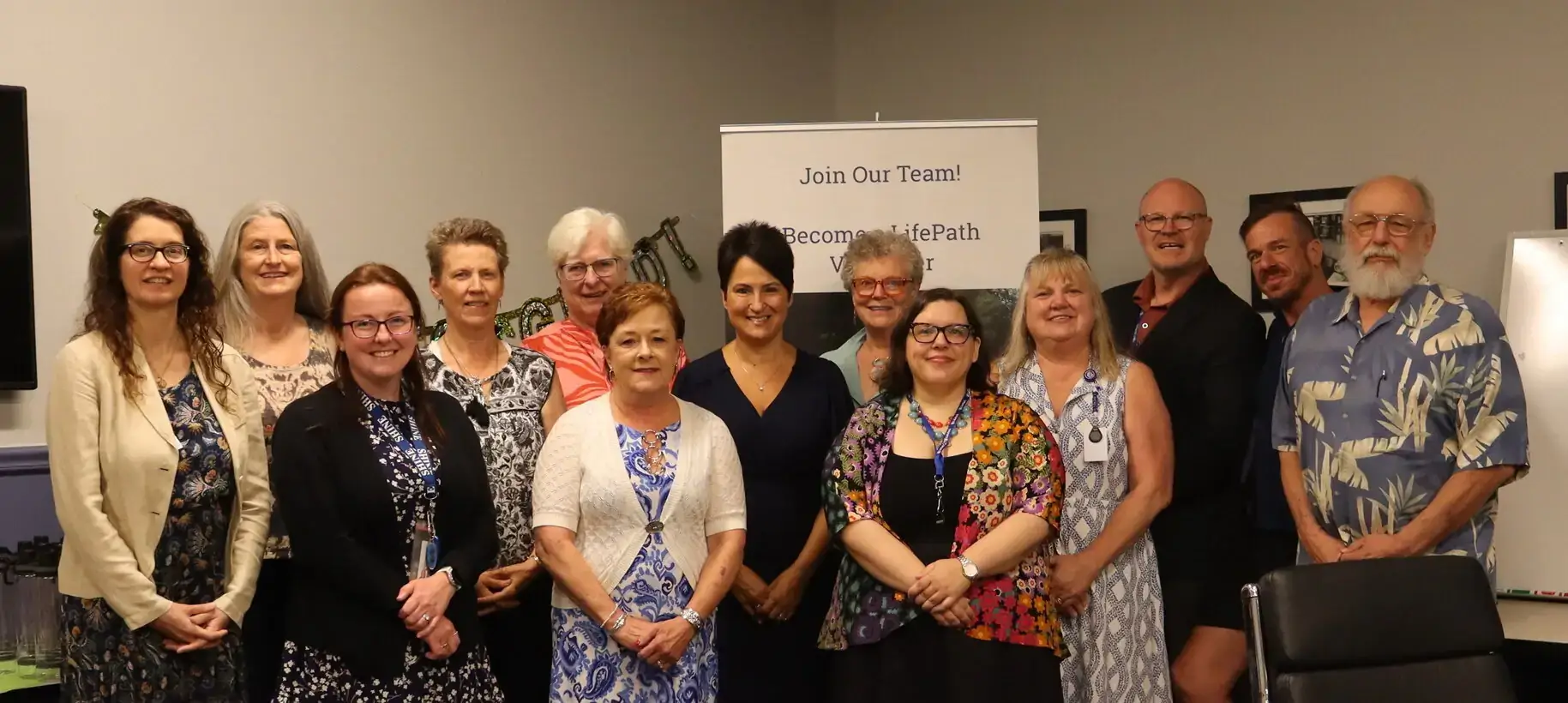High blood pressure, or hypertension, is a major health problem that is common in older adults. Your body’s network of blood vessels, known as the vascular system, changes with age. Arteries get stiffer, causing blood pressure to go up. This can be true even for people who have heart-healthy habits and feel just fine. High blood pressure, sometimes called “the silent killer,” often doesn’t cause signs of illness that you can see or feel. Though high blood pressure affects nearly half of all adults, many may not even be aware they have it.
If high blood pressure isn’t controlled with lifestyle changes and medication, it can lead to serious health problems, including cardiovascular disease (such as heart disease and stroke), vascular dementia, eye problems, and kidney disease. The good news is that blood pressure can be controlled in most people.
How can I control my blood pressure?
You can often lower your blood pressure by changing your day-to-day habits and by taking medication if needed. Treatment requires ongoing evaluation and discussions with your doctor, especially if you have other medical conditions such as diabetes.
Lifestyle changes you can make to help prevent and lower high blood pressure:
-
Aim for a healthy weight. Being overweight adds to your risk of high blood pressure. Ask your doctor if you need to lose weight. In general, to maintain a healthy weight, you need to burn the same number of calories as you eat and drink.
-
Exercise. Moderate activity, such as brisk walking or swimming, can lower high blood pressure. Set goals so you can exercise safely and work your way up to at least 150 minutes (2.5 hours) per week. Check with your doctor before starting an exercise plan if you have any health problems that aren’t being treated.
-
Eat a heart-healthy diet. A balanced diet of vegetables, fruits, grains, protein, dairy, and oils — such as the Dietary Approaches to Stop Hypertension (DASH) eating plan — can lower your blood pressure.
-
Cut down on salt. As you get older, the body and blood pressure become more sensitive to salt (sodium), which is added to many foods during processing or preparation. Limiting your amount of salt each day may help. DASH is a low-salt diet.
-
Drink less alcohol. Drinking alcohol can affect your blood pressure. For those who drink, men should have no more than two drinks a day and women no more than one a day to lower their risk of high blood pressure.
-
Don’t smoke. Smoking increases your risk for high blood pressure, heart disease, stroke, and other health problems. If you smoke, quit. The health benefits of quitting can be seen at any age — you are never too old to quit.
-
Get a good night’s sleep. Tell your doctor if you’ve been told you snore or sound like you stop breathing for moments when you sleep. This may be a sign of a problem called sleep apnea. Treating sleep apnea and getting a good night’s sleep can help to lower blood pressure.
-
Manage stress. Coping with problems and reducing stress can help lower high blood pressure.
Research shows the benefits of controlling high blood pressure
Preventing and controlling high blood pressure is important for your heart health and may benefit your brain health as well. An NIH-funded study called the Systolic Blood Pressure Intervention Trial (SPRINT) found that lowering systolic blood pressure to less than 120 in adults age 50 and older significantly reduced the risk of cardiovascular disease and death. Results from a related study showed that lowering systolic blood pressure to less than 120 reduced the risk of mild cognitive impairment, and an analysis of several large, long-term studies of adults over age 55 found that treating high blood pressure was associated with a reduction in the risk of developing Alzheimer’s disease.
Tips for taking blood pressure medication
Untreated high blood pressure can increase your risk of serious health problems. If your doctor prescribes medication to lower your blood pressure, remember:
-
If you take blood pressure medication and your blood pressure goes down, it means medication and lifestyle changes are working. If another doctor asks if you have high blood pressure, the answer is, “Yes, but it is being treated.”
-
Healthy lifestyle changes may help lower the dosage you need.
-
Get up slowly from a seated or lying position and stand for a bit before walking. This lets your blood pressure adjust before walking to prevent lightheadedness and falls.
-
Tell your doctor about all the drugs you take. Don’t forget to mention over-the-counter drugs, as well as vitamins and supplements. They may affect your blood pressure. They also can change how well your blood pressure medication works.
-
Blood pressure medication should be taken at the same time each day as part of your daily routine. For example, take it in the morning with breakfast or in the evening before brushing your teeth. Talk to the pharmacist if you have any questions about when or how to take your medication.
-
Remember to refill your medication before you run out and bring it with you when traveling. It’s important to keep taking your medication unless your doctor tells you to stop.
-
Before having surgery, ask your doctor if you should take your blood pressure medication on the day of your operation.






